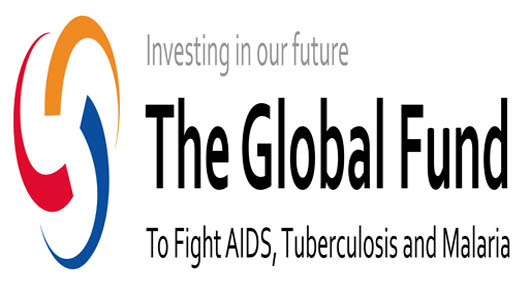Even though I wasn’t physically at the Global Fund 35th Board Meeting that was held in Abidjan, Côte d’Ivoire from 26 to 27 April 2016, I was following its happenings as events were unfolding. Although the financial scandals as contained in the Office of the Inspector General Report wasn’t table for discussion, it was indeed informally discussed in hotel corridors and during coffee breaks and copies were circulated to board members. I was also reliably informed that the Global Fund Secretariat based in Geneva has written a letter to the President of Nigeria expressing concerns about the Nigeria grants. The letter was sent via the Nigeria’s Health Minister Prof Isaac Adewole and copied some government officials including members of the Nigeria Country Coordination Mechanism (CCM).
The most recent Investigation Report Global Fund Grants tagged to GF-OIG-16-015, 3rd May 2016 was focused on the Nigerian Government’s Department of Health Planning, Research & Statistics (DPRS). It revealed that late 2014, the Office of the Inspector General (OIG) initiated an investigation into the expenditures of the DPRS, a sub-recipient of the National Agency for the Control of AIDS (NACA), the Principal Recipient for HIV/AIDS grants. The investigation was prompted by the findings of a Local Fund Agent’s spot-check of US$1,349,087 of DPRS expenditures from July 2012 to December 2013. The Local Fund Agent had classified as ineligible about two-thirds of the expenditures tested due to forged or missing supporting documentation.
The objective of DPRS was to support the establishment of the National Health Management Information System (NHMIS) including the implementation and administration of a web-based reporting platform, the District Health Information System (DHIS). Under the current grant which began in 2010, DPRS spent a total of US$4.03 million from 2010 until late 2014, representing about 1.2% of the US$330.8 million NACA had received.
The OIG found some form of irregularity or fraud in most vouchers reviewed. Seven of the ten staff and three consultants assigned to the program were involved or linked to the misappropriation of funds. The report further highlighted that the DPRS implementation team repeatedly violated the Global Fund’s Code of Conduct for Recipients by purposefully embezzling funds from the start. Service delivery activities of US$3,816,766 were not in compliance with the grant agreement as well.
In another last year Investigation Report to Nigeria National Agency for the control of AIDS tagged GF-OIG-15-003, 20th February 2015, it revealed that the Global Fund has been supporting health programs in Nigeria since 2003. As of September 2014, Nigeria had received 22 grants in total, of which seven are active. Grant funds disbursed to Nigeria total USD 1.2 billion.
In October 2009, the Global Fund and the NACA, as Principal Recipient, entered into a grant agreement with the objective to improve the infrastructural capacity of primary healthcare centers at the local government level. Towards the end of 2009, NACA and stakeholders identified the need for improvement of state medical stores across the country. The report revealed poor quality of renovation work, high prices quoted in the bills of quantities, over-payments to the contractors, and tendering irregularities. The OIG investigation confirmed NACA management of the project was inadequate and the quality of the work was sub-standard. The OIG identified USD 1,476,386 of expenditure that was non-compliant with grant agreements and proposes recoveries of USD 785,906. The investigation found that NACA did not comply with the relevant procurement regulations in its selection of the contractors.
All these financial mess are happening under the watch of the Nigeria’s Country Coordinating Mechanism (CCM). According to “Global Fund Guidance Paper on CCM Oversight”, the CCM is expected to provide oversight to “ensures that activities are implemented as planned by providing strategic direction to principal recipients, ensuring policies and procedures are met, instituting financial controls (including independent audits), and following through on key recommendations. The CCMs should operate in a transparent and accountable manner. They should have clear public communications of their recommendations and decisions; their leadership should ensure that all stakeholders’ views are heard. Non- CCM members’ viewpoints need to be solicited and considered in providing grant oversight.
The Nigeria’s CCM chaired by the Minister of Health is one of the weakest link in the Global Fund implementation. Many institutional members of the CCM expected to provide oversight are either principal recipients or sub recipients implementing Global Fund. How will such arrangement stop or correct weaknesses or misappropriation of funds? The entire country’s credibility is at stake. This serves as an appeal to the CCM to reform its governance structure, galvanize action in revising its membership in a transparent and accountable manner and takes action against those found guilty in these mess.
All comments to Dr Aminu Magashi Garba Coordinator Africa Health Budget Network & Publisher Health Reporters (healthweekly@yahoo.com)


